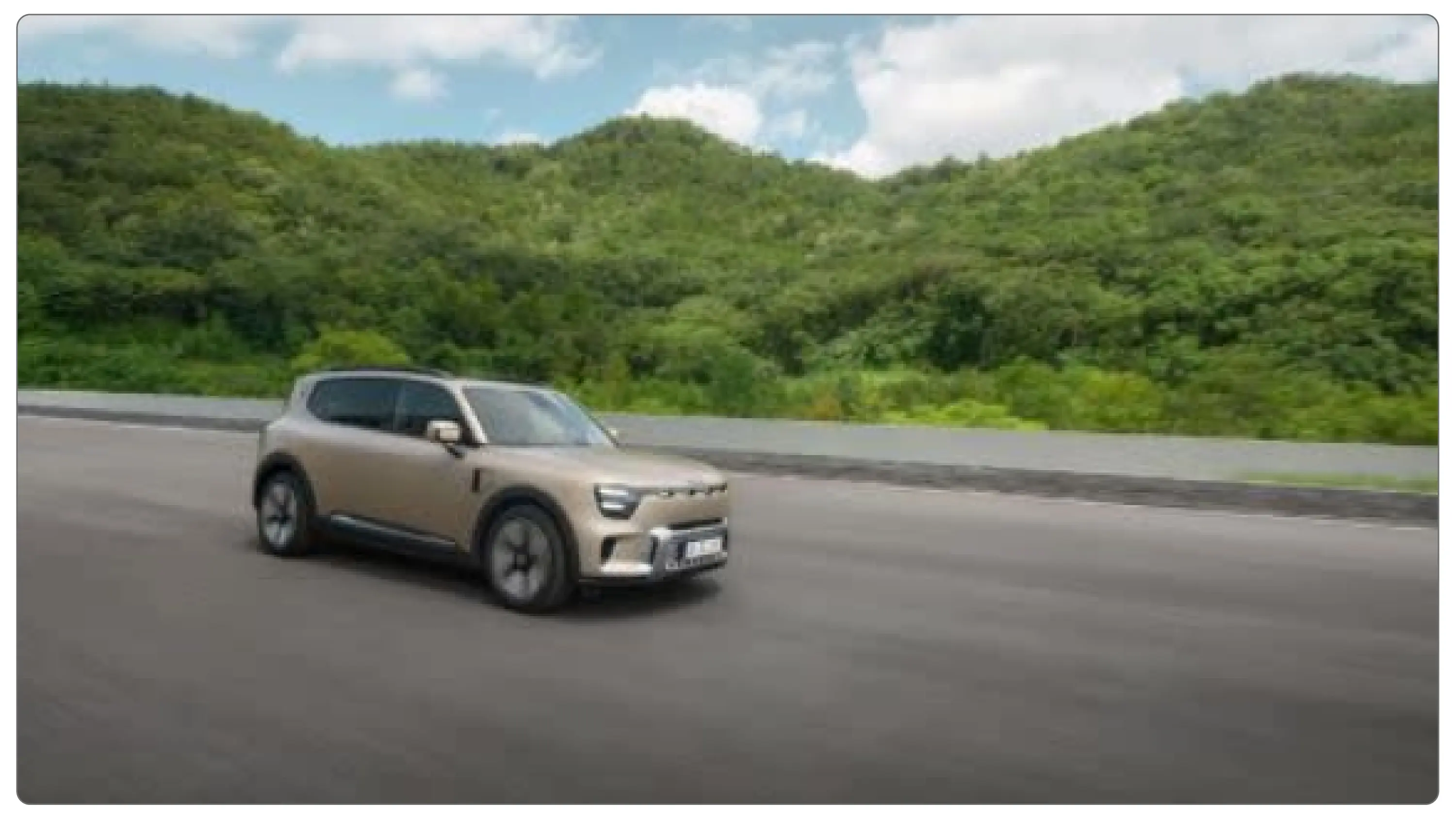Mercedes Teams Up with Chinese Carmaker for 'Stunning' New Electric Vehicle
A vehicle brand backed by Mercedes-Benz and Chinese EV company Geely, Smart, launched the new Smart #5, a hybrid SUV with an impressive range. The Smart #5 has an estimated electric range of approximately 155 miles and a huge total range of 995 miles supported by an internal combustion engine. The estimated range is around 250 miles, and the Worldwide harmonized Light vehicles Test procedure (WLTP) rated it at 375 miles. In comparison, the Tesla Model Y, with its popular model, rates 311 miles, with most real-life reports between 250 and 300 miles. That puts the Smart#5in an odd position, because it is not fully electric, yet an appealing alternative to those afraid of making the jump to fully electric.

The design and engineering of the Smart #5 are meant to bridge the gap between current hybrid vehicles and future fully electric vehicles. It will give you a crisp driving experience but will still offer protection of security with the longer range expected of gasoline engines. That duality is attractive to those drivers in areas where charging networks are irregular or sparse, enabling long-range travel without fear of being stranded by a lack of charge. Simultaneously, it represents a more widespread change in consumer expectations, in which efficiency and a minimized collective environmental impact cease to be a niche desire and become an industry requirement.
Although hybrids, such as the Smart 5, offer a decent step, the future benefits of full electric cars (EVs) are difficult to quantify. Drivers of EVs not only spend much less on gasoline, but they also spend less on maintenance because electric motors have many fewer moving parts, and there is never a need to change the oil. Such savings can come to hundreds of dollars per year, which means that EVs pay off better than ICE vehicles in the long term. Moreover, EVs have zero tailpipe emissions, which helps reduce emissions and greenhouse gases contributing to climate change. In places where cities are constantly having issues with worsening air quality, it is a revolutionary step towards a more sustainable future.